Tai Chi for Mental Health and Cognitive Function (short form)
Tai Chi for Mental Health and Cognitive Function, developed by Dr Henry Zheng, was designed as an intervention programme for improving mental health and cognitive functions, based on existing research evidence.
According to the World Health Organization (WHO), Mental Health is defined as a “state of well-being in which every individual realizes his or her own potential, can cope with the normal stresses of life, can work productively and fruitfully, and is able to make a contribution to her or his community.”
Mental well being has three main dimensions – emotional, social and psychological. It includes aspects of emotional well being, life satisfaction, optimism, sense of belonging and personal support. Mental illness such as depression, anxiety and schizophrenia can interfere with a person’s cognitive, emotional and/or social abilities. The World Health Organisation estimates that depression will be the number one cause of disability world wide, by 2030.
Cognitive function can be defined as cerebral activities that lead to knowledge. It encompasses reasoning, memory, attention and language which lead directly to the attainment of information and therefore, knowledge. Cognitive impairment, in the form of dementia, is a syndrome due to disease of the brain, usually chronic and progressive in nature. Memory, reasoning, orientation, comprehension, judgement and learning capacity can be impeded. These deteriorations are often accompanied with emotional control, appropriate social behaviour and motivation. This syndrome occurs in Alzheimer’s disease and other brain conditions. According to Alzheimer’s Disease International (ADI), dementia is the leading single cause of disability in older Australians and by 2015, 1.13 million Australians will develop dementia.
Modifiable lifestyle factors can contribute to mental health and dementia. These include alcohol consumption, tobacco smoking and physical inactivity. Regular physical, mental and social activities are associated with reduced dementia risk. Physical activity can reduce stress, manage anxiety and depression, reduce psychological and behavioural symptoms, improve mental health and cognitive function. Tai chi, often referred to as ‘moving meditation’, can reduce stress, anxiety and depression. It can increase self esteem and confidence and improve cognitive functions.
Tai Chi for Mental Health and Cognitive Improvement Program was developed as a safe and targeted exercise intervention for improving mental health and cognitive functions based on existing research evidence. Dr Henry Zheng lists the objectives of the programme as:
To achieve mental and physical relaxation
To reduce stress, anxiety and depression
To improve overall health and fitness, thereby improving self perception of mental well being and self esteem
To increase confidence, self control and self worth
To promote social interaction and reduce isolation
To facilitate motor skills and motor sequence learning
To improve executive control through willed action
To prevent functional decline and reduce disability, behavioural and psychological symptoms
To improve overall health and well being and the quality of life.
Tai Chi for Mental Health and Cognitive Function is a short form, based on Yang style tai chi, with some elements of Sun. It is a symmetrical form, consisting of 6 different postures completed on both right and left sides. It consists of 6 postures, listed below:
Commencement
Pushing Hands (Push the Mountain)
Spinal Rotation (Part Wild Horse’s Mane)
Directional Change (Offering the Fruits)
Balance Movement (Golden Rooster Stands on One Leg)
Cloud Hands
Forearm Rotation and Chest Expansion (Single Whip)
Closing Form

